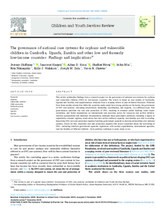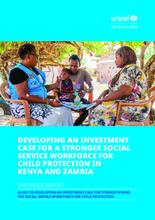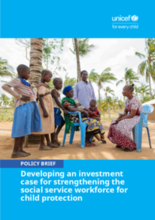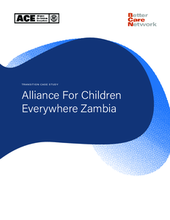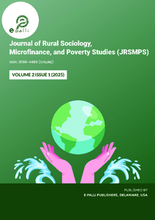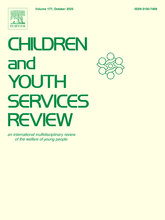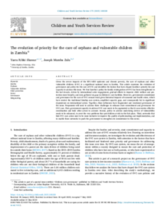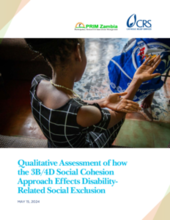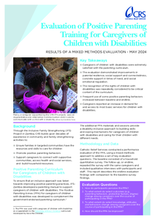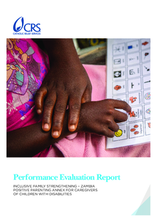childrens_living_arrangement
children_living_without_bio
Displaying 1 - 10 of 158
This article examines how national care systems for orphans and vulnerable children in Cambodia, Uganda, and Zambia are governed, drawing on case studies and a review of existing research. It highlights the gap between strong policy commitments and weak on-the-ground implementation, pointing to historical, political, and capacity-related factors that hinder effective care and protection.
A strong social service workforce (SSW) is the backbone of effective child protection systems. Across Eastern and Southern Africa, social service workers play a critical role in preventing and responding to violence, abuse, neglect, and exploitation of children. Yet, the workforce remains underfunded and understaffed, limiting its ability to deliver essential services. To address this gap, UNICEF Eastern and Southern Africa Regional Office (ESARO) has developed this Synthesis Report , providing a detailed guide to developing an investment case, drawing on lessons from Kenya and Zambia.
A strong social service workforce (SSW) is the backbone of effective child protection systems. Across Eastern and Southern Africa, social service workers play a critical role in preventing and responding to violence, abuse, neglect, and exploitation of children. Yet, the workforce remains underfunded and understaffed, limiting its ability to deliver essential services. To address this gap, UNICEF Eastern and Southern Africa Regional Office (ESARO) has developed this Policy Brief summarizing the rationale and approach for building an investment case for strengthening the SSW.
ACE Zambia, founded in 1998 as a faith-based organization supporting orphans and vulnerable children, gradually shifted from operating multiple residential care facilities toward strengthening family- and community-based services after recognizing the harms of long-term institutionalization. Between 2014 and 2025, the organization closed all residential homes, expanded preventative and family-focused programs, and ultimately increased its reach by supporting far more children in safe family settings using the same level of resources.
This study examines the challenges African governments face in integrating orphaned and vulnerable children into orphanages and home-based care facilities, with a focus on Zambia. Findings reveal major barriers including insufficient funding, unregistered orphanages, poor coordination with NGOs, cultural factors, and the attitudes of the children themselves.
This special issue of the Children and Youth Services Review concerns the governance of children's care systems in low and middle-income countries, with a focus on Cambodia, Uganda and Zambia. The special issue focuses on the political and bureaucratic factors that shape priority for and the effectiveness of national children's care systems in low and middle-income countries.
Given the severe impacts of the HIV/AIDS epidemic and chronic poverty, the care of orphans and other vulnerable children (OVC) is a significant national issue in Zambia. This article examines the evolution of governance and policy for the care of OVC and identifies the factors that have shaped Zambia’s priority for and capacity to address this issue.
The Qualitative Assessment of How the 3B/4D Social Cohesion Approach Effects Disability-Related Social Exclusion in Zambia by Catholic Relief Services (CRS) highlights the Inclusive Family Strengthening (IFS) project's significant impact on reducing disability-related social exclusion. The project utilized introspection, intragroup and intergroup connections, and action to foster empathy, acceptance, and support for children with disabilities.
This report provides an in-depth analysis of the Positive Parenting Annex (PPA) implemented by Catholic Relief Services in Zambia. This initiative aimed to support caregivers of children with disabilities by enhancing their parenting skills and resilience.
This report evaluates the Inclusive Family Strengthening (IFS) project's impact on caregivers of children with disabilities in Zambia. It highlights significant improvements in caregiver resilience, social support, and access to essential services. The report notes increased positive parenting behaviors, such as showing affection and rewarding good behavior, and a reduction in the use of corporal punishment.

